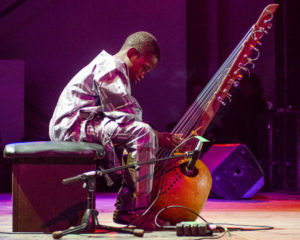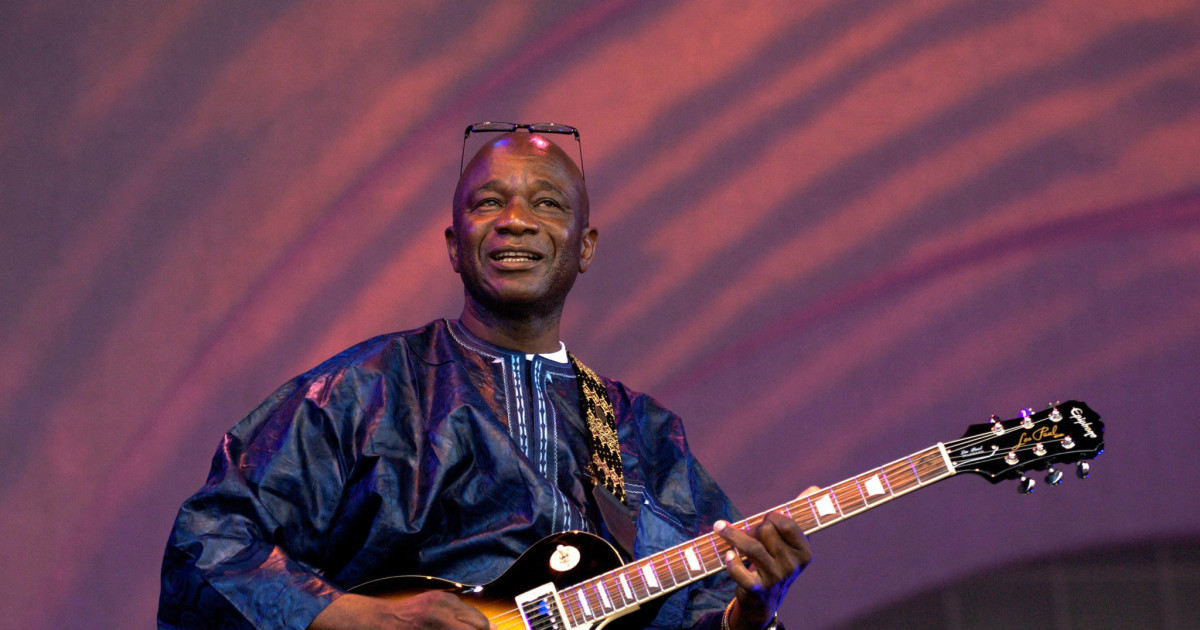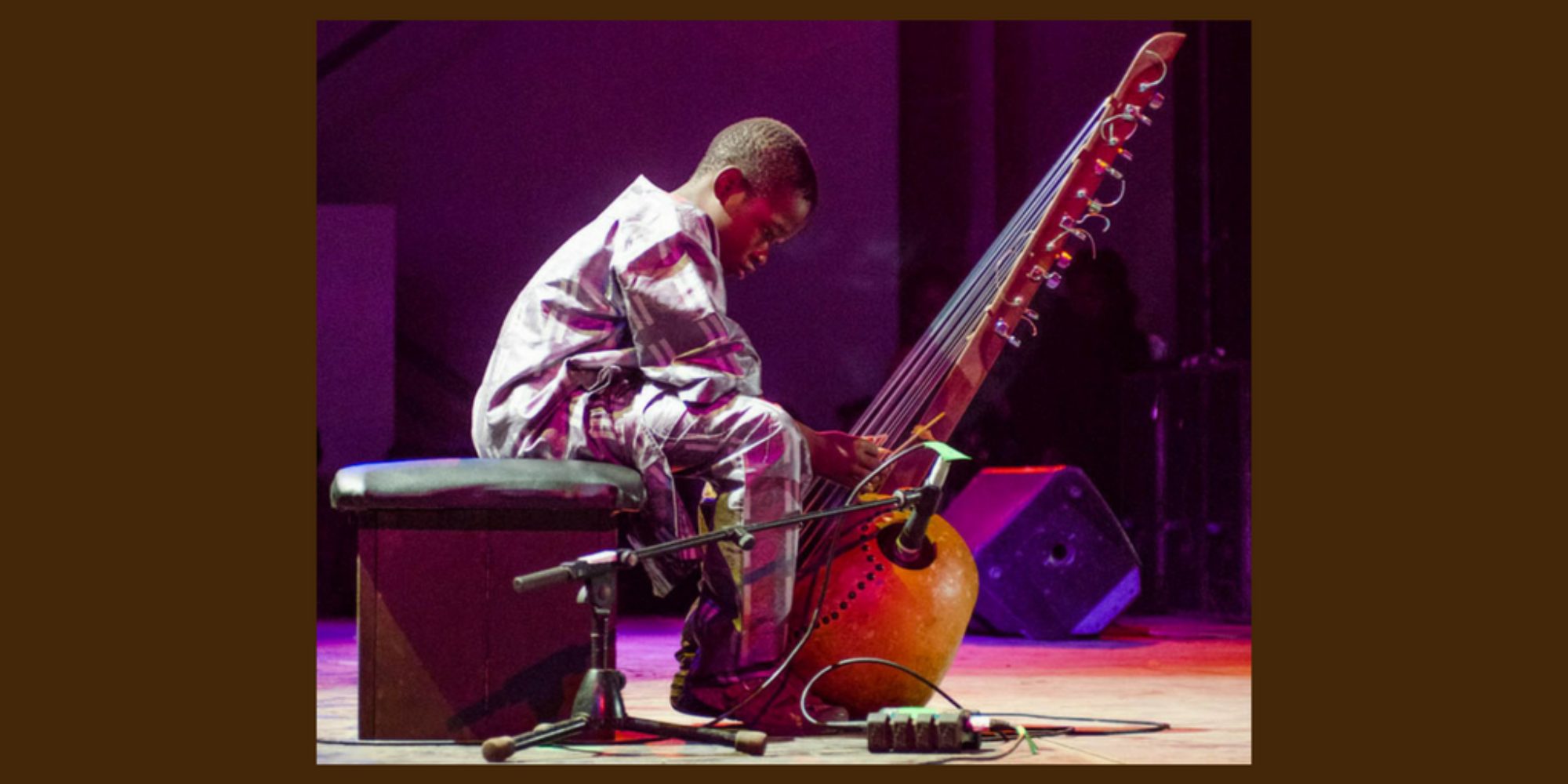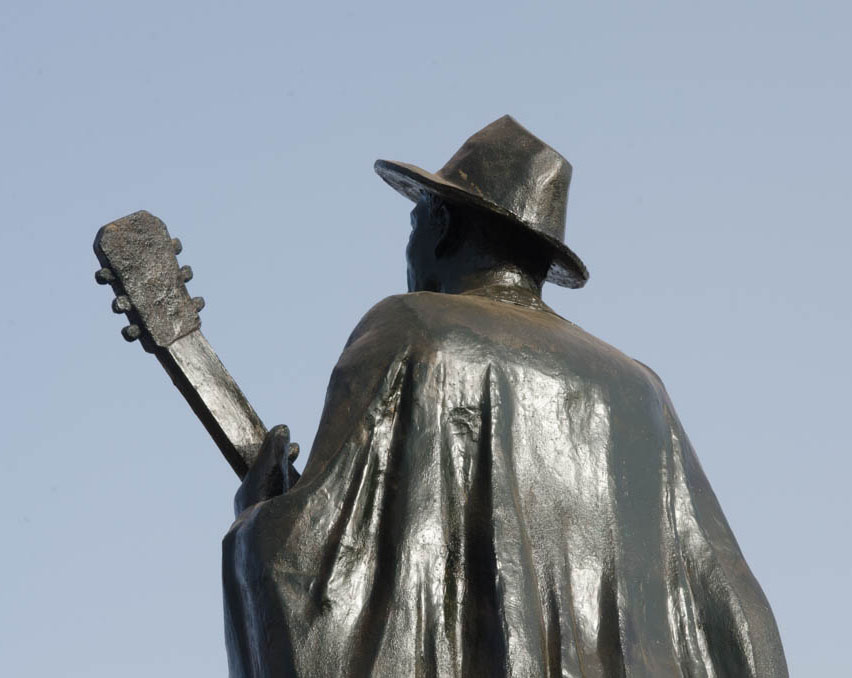Hip Deep January 11, 2018
Hip Deep in Mali: Growing Into Music in 21st Century Bamako

This program presents a musical portrait of Bamako in the wake of crisis. We explore the precarious lives of griots in today’s Bamako, focusing on the upbringing and education of children in these hereditary families of historian-entertainers.
This program presents a musical portrait of Bamako in the wake of crisis. We explore the precarious lives of griots in today’s Bamako, focusing on the upbringing and education of children in these hereditary families of historian-entertainers.
Related Audio Programs

Hip Deep October 12, 2023
The program samples a rich variety of Malian Tuareg music and includes conversations with Tuareg musicians and cultural authorities in the wake of Mali’s crisis, along with University of Houston anthropologist Susan Rasmussen.

Hip Deep December 3, 2011

Hip Deep October 29, 2014












